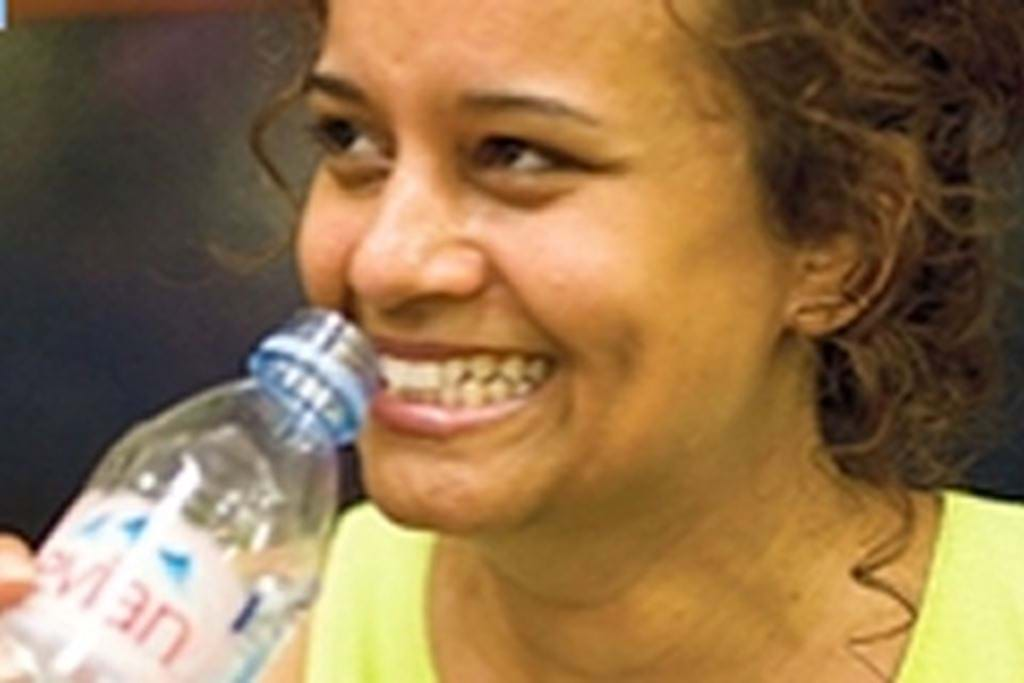How much is too much hydration?
21 September 2011

Do you take a water bottle with you on every run, or do you have a running buddy who does? Participants in the recent Bupa Great North Run guzzled an estimated 22,000 plus gallons of fluid to keep hydrated. But how much is too much when it comes to hydration? Group Leader and fitness journalist Peta Bee discusses in her latest blog.
"Recently, much to the initial astonishment of my running group, I banned water bottles on runs covering distances of less than five miles. This is not just because physiotherapists have confirmed carrying a bottle causes neck pain and stiffness in runners. Too many runners have swallowed the misplaced theory that the more you drink during exercise, the better. The result? They head out trussed up like a camel with enough fluid to sustain them on a trek through the Sahara, not realising that they risk doing themselves more harm than good.
Being well-hydrated is undoubtedly important for sports performance. Dehydration will cause endurance capacity to plummet. But the reality is that severe fluid losses through sweat are highly unlikely to occur on moderate paced runs of five miles or less, particularly if you have drunk plenty before you start. Last week a study revealed that nearly half of all recreational runners drink too much, not too little, during races and training.
Statistics show that hyponatraemia - or fluid intoxication - is often more prevalent than dehydration in endurance events. One study in the British Journal of Sports Medicine revealed that 14 of the runners taken to hospital after a London Marathon were dangerously over-hydrated. Caused by sodium levels and other body salts (or electrolytes) becoming dangerously dilute, hyponatraemia can result in dizziness, vomiting, respiratory problems and fatigue. In extreme cases, water is retained, especially in highly absorbent brain cells, and the pressure causes the body to shut down its primary functions, such as breathing and heart rate. It can be fatal.
So how do you tell if you are drinking enough? Experts say that the majority of people will need up to 500ml of fluid per hour after the first 45 minutes of running. Checking the quality and quantity of your urine can help to tell if you are adequately replacing losses. Dark and scanty generally suggests it is concentrated with metabolic waste and you need to drink more, although your urine may be darker if you take vitamin supplements (especially vitamin C), so volume is often considered a better indicator. Another test is to weigh yourself before and after longer runs. For every pound you lose, you need to drink around two 10 fl oz glasses (around half a litre) of fluid to redress the balance."
More news from RunTogether




